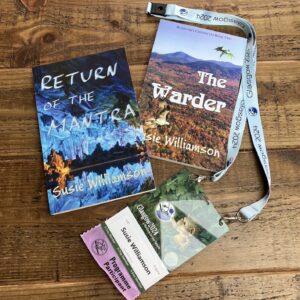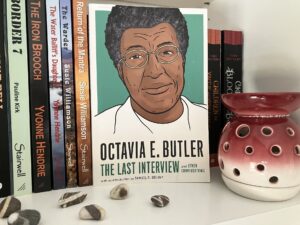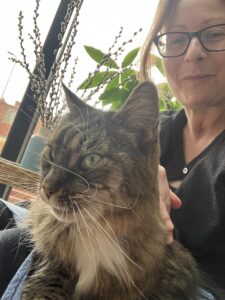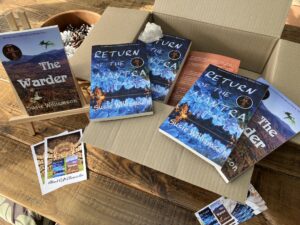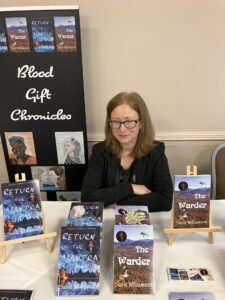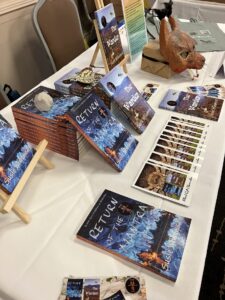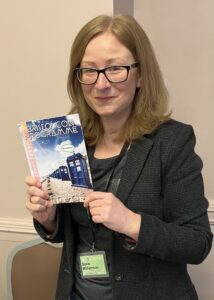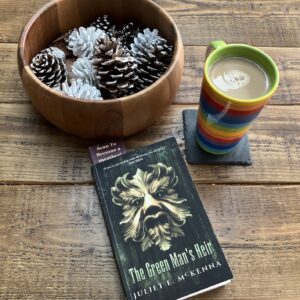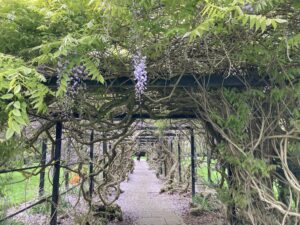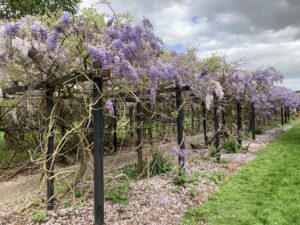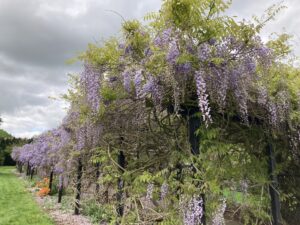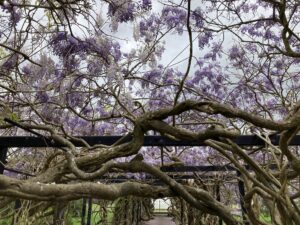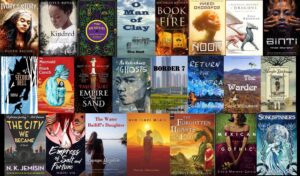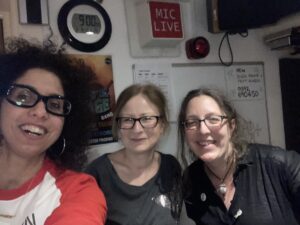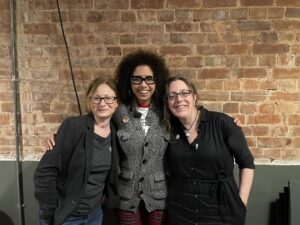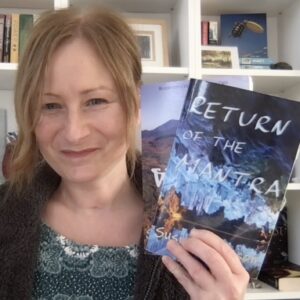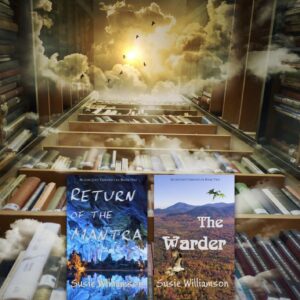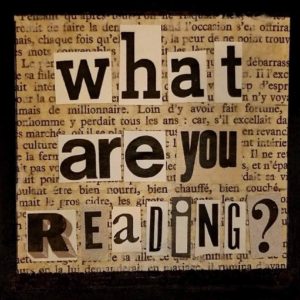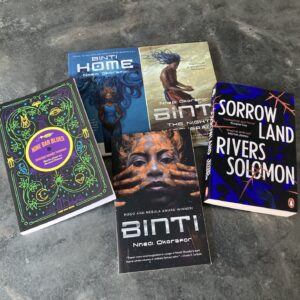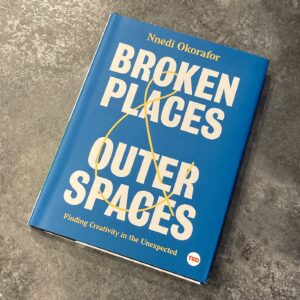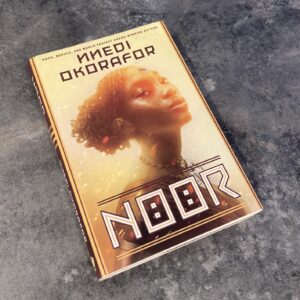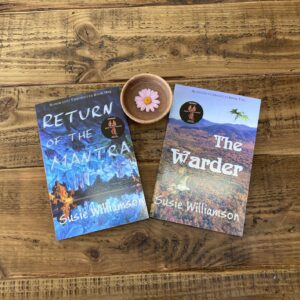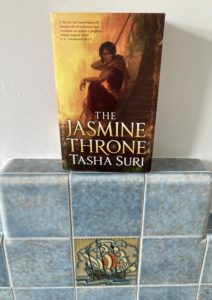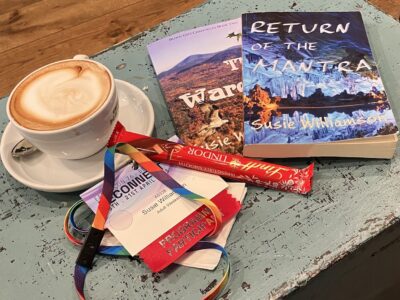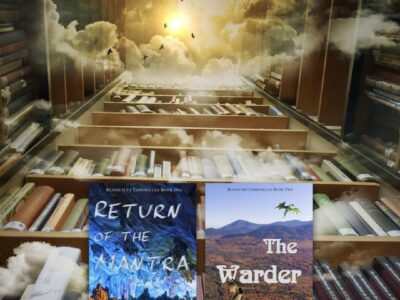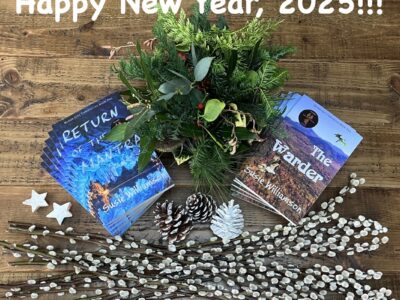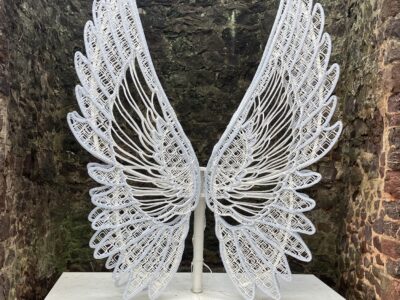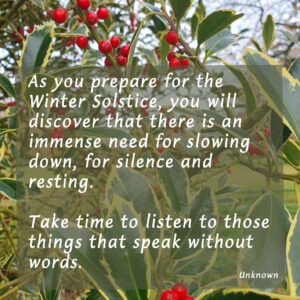
Winter solstice, and while around the world, festivals celebrate the wonder of light, the long night invites us to rest and restore. As each moment brings us closer to the sun again, the promise of spring lies in wait, and we quietly await our own transformations as, through rest, our fires re-ignite.
The process of writing is a reminder of the power of rebirth, creating, recreating, and spawning miracles when it seems as though the light is dim. Fantasy fiction breathes tales of light and dark, percolating energies to exude them anew.
‘Only in silence the word, only in dark the light, only in dying life: bright the hawk’s flight on the empty sky.’
Ursula K. Le Guin, The Creation of Ea.
In my current work in progress, Book 3 of Blood Gift Chronicles, elemental magic explores processes of transformation, magic that is littered with different forms of light: from the fires of a dragon’s breath, to mysterious lights ocean deep, to Suni’s crystal that sees her through. And, behind the light lie themes of dormancy and hibernation, in the creatures, the weather, and the personal journeys of courage and hope.
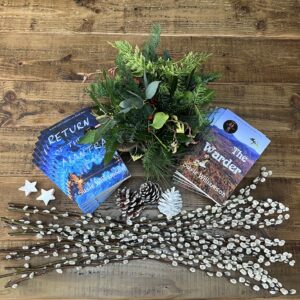
‘To light a candle, is to cast a shadow.’ Ursula K. Le Guin.
Stories light the spark of inspiration, in writing as in life. My current read offers the perfect tonic for a cold, dark winter’s night. And for anyone yet to be introduced to Sarah Ash, I would highly recommend her worlds of epic fantasy. Sarah’s books fuse a perfect blend of everything we love of traditional fantasy tales spanning the continent and beyond, with prose that binds us to the page, leading us into colourful worlds and characters that frighten, amaze, appal, and inspire. I love the plethora of shades that Sarah brings to her work, and the characters that steal our hearts. Kiukiu is currently stealing mine, her and the Snow Lord snow owl she saves, that just might return the favour…

And while writing and reading continue, every once in a while it’s time to step outside for a big breath of fresh air. Winter lights are always a delight…

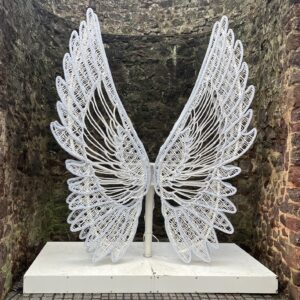
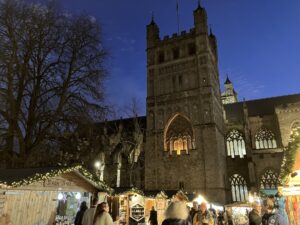
… as is seeing the sights of nature. A visit to Seaton’s sprawling wetlands was a tonic, a place of natural lines of reed beds and waterways, preserved and conserved by local wildlife agencies. From redshanks to curlews to shelducks, increasing numbers of birds are flying in from distant shores to overwinter, feeding on ample crustaceans that provide fertile feeding ground on the stretching sandbanks, watched over by the resident peregrine roosting up high, and a passing flock of clacking and chatting Canada Geese, slowing fading as they fly on by, restoring the ambience of rushing reeds swaying in the breeze. A tonic.
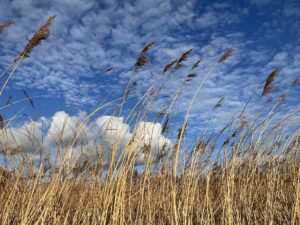
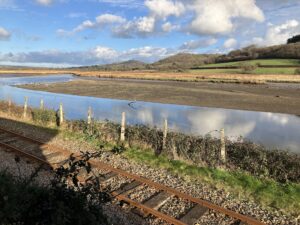

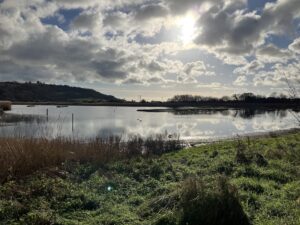
And as the sun fades over glassy water, more light shifts and forms, glows and fades into slumber, before rising to start a new day.
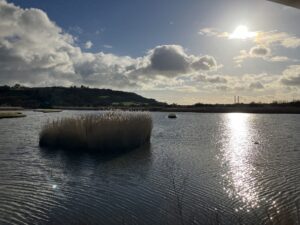
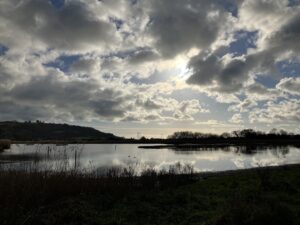
And on this new day, I return to the edits, a perfect process of transformation, renewing, layering, finding the spark to brings words to life. I know what’s coming, it’s an edit after all, but anticipation still brews for the big awakening.
Wishing everyone a light filled winter, and blessings for a very Happy Festive Season, and above all, peace.
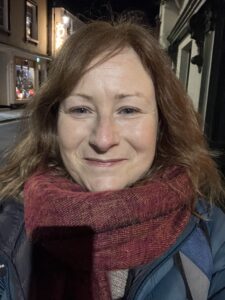
‘May it be a light to you in dark places, when all other lights go out.’ JRR Tolkien, The Fellowship of the Ring.
xxx

